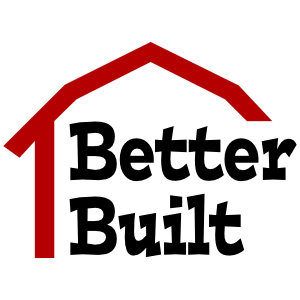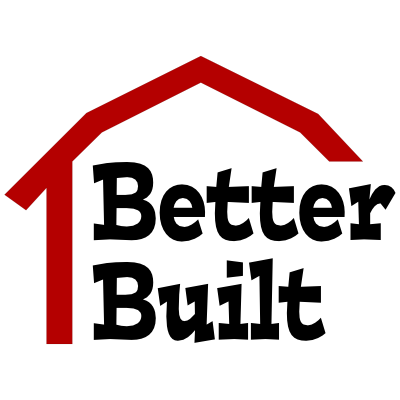Storage Buildings in Charlotte, NC – Questions
There are many questions that come along with thinking about installing a storage building on your property in Charlotte, NC. Although the questions themselves are as unique as the person looking at storage buildings, there are some basics that can be covered to give you a peace of mind as you go through the process.
Obtaining building a building permit is a must, no matter the size of the storage building. You must apply for the permit so that the building inspector near you can make sure that all codes are followed for safety purposes in Charlotte, NC. You do not want an accident to happen or for the storage building to blow over in gusty winds. Although that seems unlikely, that is still a common issue for buildings not meeting codes. You also do not want to place storage buildings on septic systems, important power lines, or even a property line. You also do not want to risk officials in Charlotte, NC, to require you to take down your building because you did not follow the rules of your area.
Another question going through a home owners mind when installing storage buildings in Charlotte, NC, is on where to place the building within their property. It is extremely important to place your storage building where it will be convenient for you to use. If you place it far away from your home, you might not feeling like using it as much during a project. Also, items will be replaced with more consistency if you don’t have to walk far away from your home. It’s important to keep storage buildings away from the bottom of a hill where water might collect and cause damage. There are other requirements in Charlotte, NC, that you will want to make sure you follow as far as how close to the edge of your property line the storage building can be placed.
Another question for Charlotte, NC homeowners regarding storage buildings is what type of foundation would be best for a particular shed. The two types – on grade and permanent – are recommended based on how tall your building is. The building inspector will make the final decision about what you need.





